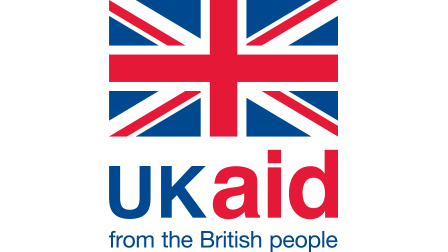
Coping with COVID-19: Certification supports farmer resilience
How are smallholder farmers coping with the effects of the COVID-19 pandemic? Can voluntary sustainability standards help them to be more resilient when crises hit? We interviewed supply chain actors from six commodity sectors in six countries to find out.
This policy brief presents findings from primary research investigating how voluntary sustainability standards (VSSs) can help smallholder farmers be more resilient during crises. We surveyed 57 supply chain actors to discover how farmers are coping with the effects of the COVID-19 pandemic and whether certification can help them adapt.
The results suggest that VSS-compliant markets can indeed help smallholder producers be more resilient. They can offer higher prices and premiums than conventional markets and provide stronger supply chain relationships that facilitate market access, market diversification, and training for producers.
However, we also found that VSSs alone do not protect farmers entirely from international price volatility or asymmetric power relations in supply chains. In addition, the success of VSSs depends on sufficient consumer demand for sustainable products.
The brief concludes by suggesting key actions that governments can take to help producers be more resilient. Recommendations include providing regular training to support sustainable agricultural practices, establishing relationships between producer organizations and other supply chain actors, extending social protection programs, ensuring a living income for producers, and building demand for sustainable products. VSSs—if well designed—can act as a tool that governments can use to help achieve these goals.
Participating experts
You might also be interested in
Global Market Report: Tea prices and sustainability
This report explores recent market trends in the tea sector and explains why we need to get better at recognizing the social and environmental costs of tea production.
South-South Trade and Voluntary Sustainability Standards
This report explores how voluntary sustainability standards are being used in trade policy to increase the trade of more sustainable products between developing countries.
Global Market Report: Sugar cane prices and sustainability
This report explores recent market trends in the sugar cane sector, what these trends mean for producers in developing countries, and what can be done to improve farmers' incomes.
Global Market Report: Palm oil prices and sustainability
This report unpacks market trends in the palm oil sector and examines the role of sustainability standards in ensuring farmers receive fair incomes and adopt sustainable practices.

